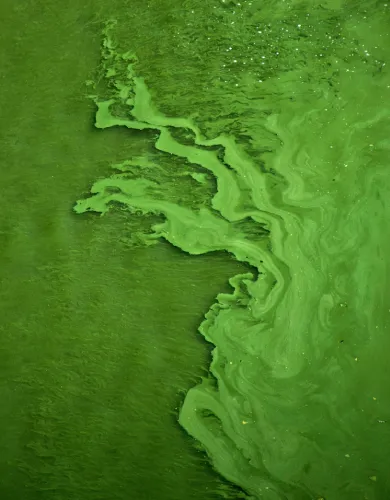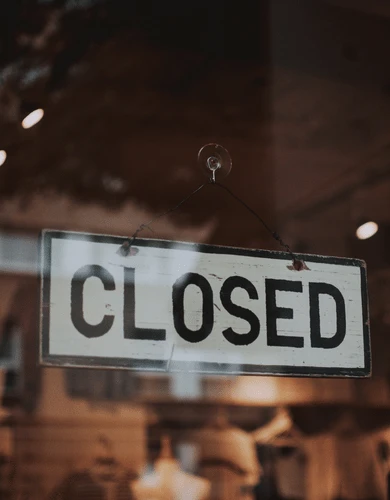Sustainable water supplies for businesses
The processes involved in supplying clean water and safely removing wastewater from homes and businesses across the UK are not sustainable.
British wastewater treatment plants process 10 billion litres of sewage each day in a highly energy-intensive process that is estimated to emit 2 million tonnes of greenhouse gas each year. Worse, water suppliers routinely pump untreated sewage into Rivers.
Pumping water from reservoirs through the British water network to properties around the country requires vast amounts of electricity.
This article looks at sustainable alternatives to the national water network.
What is a sustainable water supply?
A sustainable water supply is where a property uses an alternative, greener source of water to the national water network.
Sustainable water sources harness naturally occurring water sources, such as rainwater or underground water streams. Using nearby sustainable water sources takes away the need for treatment and pumping of water across the country to provide high-quality drinking water.
A sustainable water supply has a lower carbon and environmental footprint than the water being supplied by the water network.
Why is it important that businesses practise water sustainability
Sustainability is an increasingly important issue for people in the business world. Business owners and decision-makers increasingly look to improve the carbon footprint of their operations.
Improving sustainability enhances the reputation of companies, helps avoid carbon taxes and can also have direct financial benefits. In general, however, businesses are run by humans who are more and more aware of the dangers of climate change.
A business review into the sustainability of operations often identifies water consumption as a key area where sustainability can be improved. Often, processes that use water inefficiently are identified. Some businesses go further by seeking to change to a sustainable water supply.
What are the different types of sustainable water supplies for businesses?
Here are some of the most common sustainable water supplies that businesses can take advantage of:
Rainwater harvesting – Collecting and storing rainwater landing on a business property. Collected rainwater can either be used directly in non-human processes such as in a sprinkler system or treated locally as a source of potable water.
Borehole water supplies – Pumping the pure water found in underground streams beneath business properties up to the surface to be used as an alternative to the mains water supply.
Greywater systems – Recycling and treating relatively clean wastewater produced by devices such as washing machines. The locally treated greywater can be safely used in flushing toilets or sprinkler systems.
Green business water tariffs – Carbon-neutral tariffs offered by business water suppliers where carbon emissions are offset through the purchase of carbon credits.
💡Get a green water tariff for your business today with the AquaSwitch business water comparison service.
Why reducing your water consumption is good for the environment.
This article has focussed on using alternative, more environmentally friendly sources of water. Still, there is a less drastic step that both businesses and households can take to be more sustainable.
Reducing everyday water consumption and wastage will significantly reduce the volume of greenhouse gases being produced by the water industry. See our full articles on reducing water consumption and daily water footprint.

